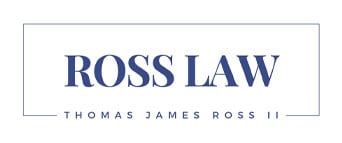You may believe that a will is the only element you need to prepare your family for your death. This, however, is not the case. Other documents make up a comprehensive estate plan that makes things easier for your family after your death but for you beforehand.
Estate planning has expanded to include tools safeguarding your interests and your family’s.
What is the purpose of the will?
There are several elements that you should consider when planning your estate. Your will is the estate’s centerpiece and delineates who gets what. It is essential because it travels through the court during probate, where a judge ensures the personal representative follows your wishes.
What estate documents bypass probate?
There are ways to leave property and cash to loved ones outside of the lengthy probate process. Your family may become strapped for cash and need financial assistance. Establishing a trust as part of your estate may help those you love gain the money they need upon your death. Other accounts, such as insurance policies and retirement funds, have beneficiaries that pass money directly to those named.
What can you do to protect yourself?
Power of attorney documents allow you to set out your wishes concerning your medical care and the handling of your money at times when you cannot deal with either. For instance, you can appoint someone with a medical power of attorney to make decisions that align with how you want your medical care handled should you become incapacitated. A financial power of attorney grants someone you name the authority to access your money and property to pay bills for your care.
A comprehensive estate plan gives you and your family’s peace of mind during stressful times. Getting the assistance of someone well-versed in handling these documents is crucial.

